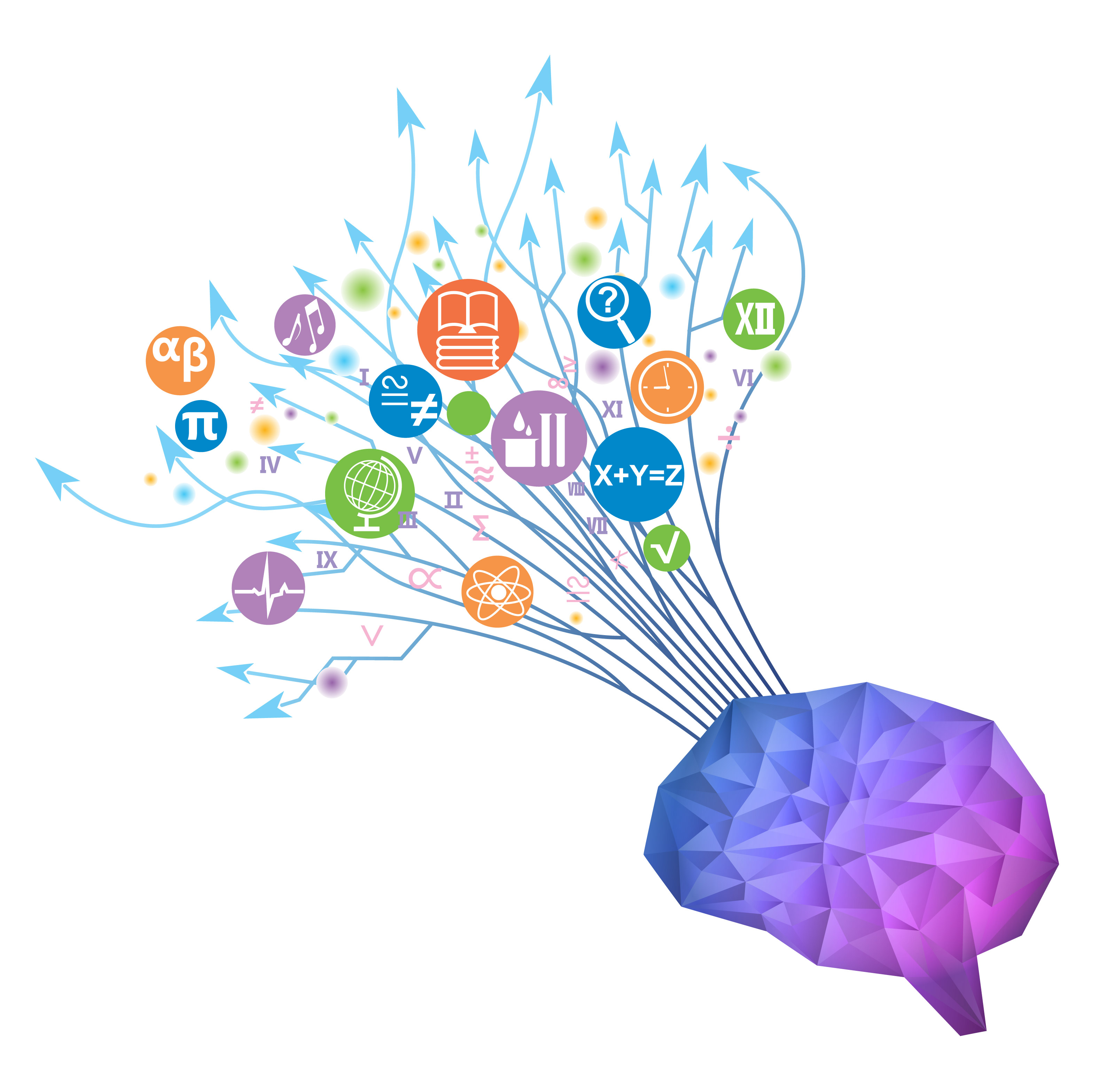Gone are the days when Google was lenient in ranking web pages. Owing to over SEO optimization and less content doesn’t do the trick anymore.
Wondering what happened?
Over the past few years, Google has radically changed the SEO game and introduced various algorithms to boost user experience, with an emphasis on higher quality content for maintaining rankings.
Surely this has helped users ingest the correct and reliable information about the obvious problems.
Major Change occurred in 2015 when Google rolled out Rank Brain and proceeded to develop it further to understand how users behave on the web and base those factors to boost the search results.
But what is Google Rank Brain?
Rank Brain is an Intelligence-algorithm used by Google to filter the search results. It also allows Google to process and understand queries about searches more effectively.
In June 2016, Google started using Rank Brain in web searches.
That brought a big question that even marketing pundits were trying to solve. Yes, they all had some knowledge, but still; then there was a limited understanding of the new member of Google’s algorithm family and also how to harness the true power of its coding.
Depending on the keyword, Rank Brain will upsurge or decline the reputation of backlinks, content freshness, content length, domain authority etc.
Then, it looks at how the latest search results communicate with Google searchers. If users like the new algorithm better, then it will live. If not, then Rank Brain rolls the old algorithm backwards.
In short, the 2 main functions of Rank Brain are:
- Understanding questions about search (keywords)
- Measure how people communicate with results (satisfaction of users)
As per Internet’s Live Stats:
Every year, somewhere between 16% and 20% of Google searches are new—they’ve never been searched before. – (Keywords)
Prior to Rank Brain, Google will check pages to see whether someone searched for the same keyword.
But because, some keywords which are around 16%-20% are brand new, Google didn’t have any idea what the searcher really wanted. And they started guessing it instead.
However, with Rain Brain, the focus is shifted more on intent by matching uncommon keywords to keywords Google HAS ever seen before.
For example: “Teen hangout places in Columbia?”
Now before Rank Brain, Google would have searched pages where keywords were: teen, hangout, places and Columbia were present but now Google focus on intent and would match the query with something similar like
“Best hangout places for teens in Vancouver?”
And Google knows that the query is regarding clubs, restaurants, parks, amusement sites and all favourite spots for young generation attraction in Columbia.
And that is how the first function of Rank Brain works- Understanding questions about search (keywords).
Rank Brain gives you a collection of search results they think you’re going to like. When in the results, lots of people like a specific page will give the page rise in rankings.
But what are those likes measured on the basis of?
- Organic Click-Through-Rate
- Dwell Time
- Bounce Rate
- Pogo-sticking
And if you hated it, then Google remove the article and replace it with another one. And when someone searches for that keyword (or a similar term) next time, they’ll see how it plays out and then do the same.
Google now, as you’ve seen, will learn the significance behind a keyword.
And does that mean conventional research into keywords is dead?
Nope! Nope! Nope!
That said, your keyword research method will need to be changed, so it is more Rank Brain-friendly.
Some other important pointers to remember are as follows:
- A thorough analysis of competitors is needed to upload relevant content that would be plausible to users of any age & demographic. And for that, a TF-IDF tool from a Website Reviewer may be used to learn the top-ranking competitors’ concepts.
- Update by Rank Brain connects the long & original query to the shorter one. Therefore, letting Google have a growing answer to all types of searches.
- The update allows the database to be prepared for one search ahead as per the user.
Like the best salon near me? – Opening time? – What services are available there?
Are some of the successor queries.
- Voice Search queries are very much popular, bring more long term keywords, and clearer content in display thus specific and to the point information is always handy with Google.
Conclusion:
Rank Brain update aims to understand the user’s purpose to search the browser for long-tail keywords, and offers correct or equivalent results. We need to accept the Search tool as SEO experts by refining and enhancing the quality of our page to rank on the search results.
It’s also important to analyze the content’s effectiveness and its drawbacks and try ranking by finding new opportunities. Then look for ways for the audience to find their content naturally.
In the era of voice search, BERT update, and machine learning, this will help you rank easily.



